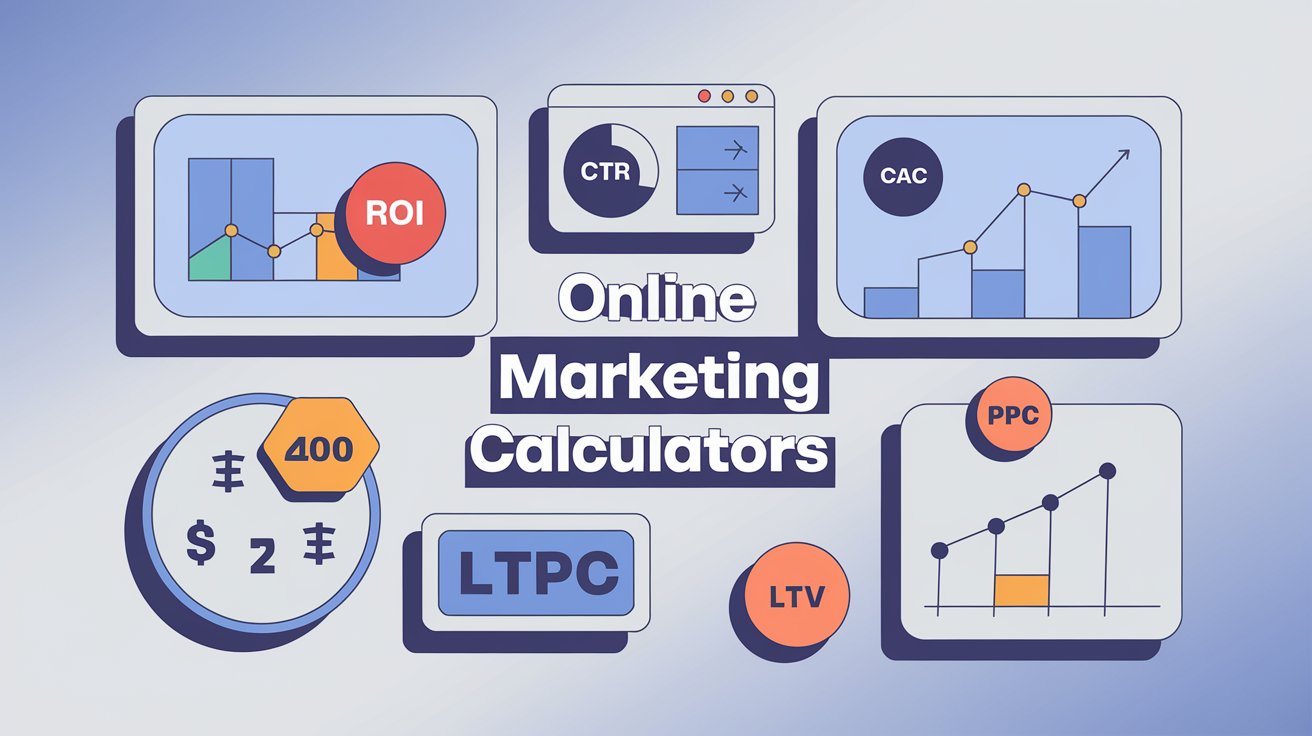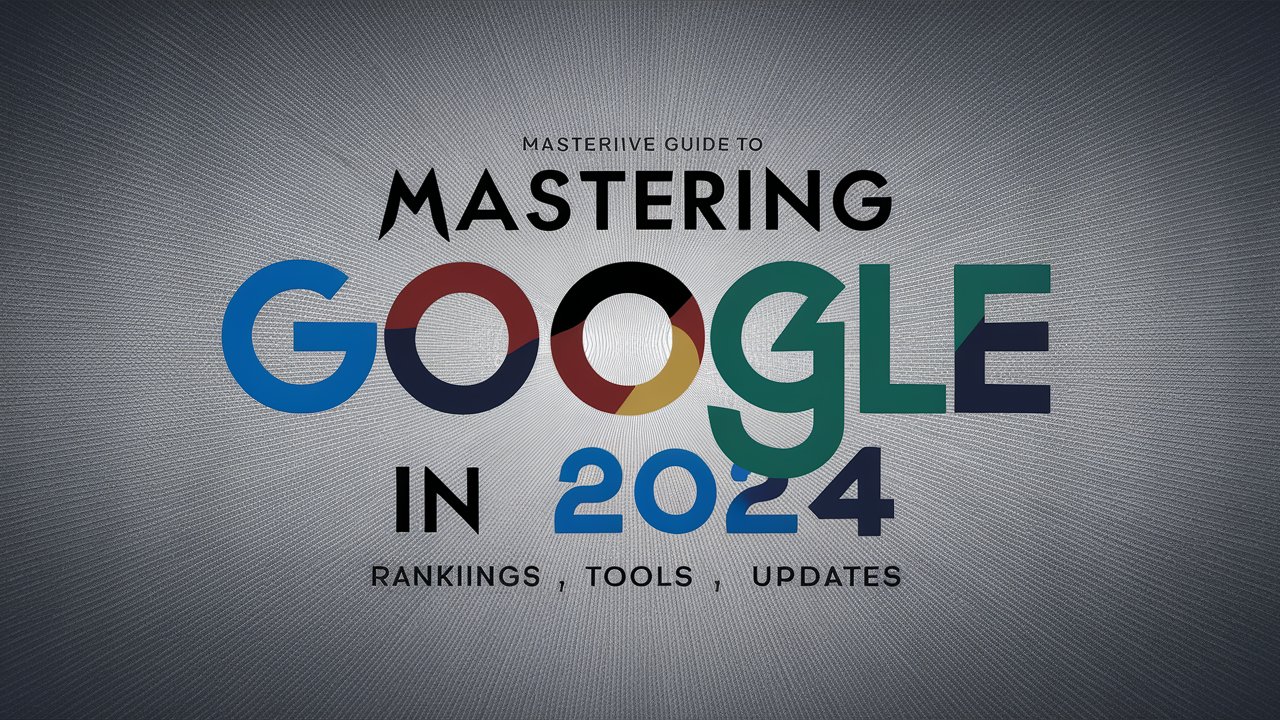In today’s tech-driven world, delivering high-quality software and systems is more critical than ever. Enter QaaS or Quality as a Service, a game-changing approach that promises to revolutionize how enterprises ensure the quality and performance of their products. This blog aims to shed light on what QaaS technology is, why it’s essential, and how it can benefit your business.
What is QaaS Technology?

Defining QaaS
Quality as a Service (QaaS) refers to the outsourcing of quality assurance tasks to specialized service providers. QaaS leverages cloud-based resources to perform automated testing, monitoring, and quality assurance activities, ensuring that software and systems meet predefined quality standards.
QaaS in the Broader Context of Cloud Services
QaaS fits seamlessly into the broader ecosystem of cloud services, such as Software as a Service (SaaS) and Infrastructure as a Service (IaaS). By utilizing cloud infrastructure, QaaS providers offer scalable, flexible, and cost-effective quality assurance solutions that can be tailored to meet specific project requirements.
Key Components of QaaS Technology
- Automated Testing Suites:
Utilize pre-configured test cases to quickly identify defects.
- Continuous Integration/Continuous Deployment (CI/CD) Pipelines:
Guarantee the seamless integration and deployment of code modifications.
- Monitoring and Reporting Tools:
Provide real-time insights into system performance and quality metrics.
Why is QaaS Important?

Increasing Complexity of Software Development
Software development and deployment are becoming increasingly complex, requiring rigorous quality assurance processes to ensure reliability and performance. Traditional QA methods often fall short in addressing these challenges.
Demand for High-Quality Software and Systems
In a competitive market, delivering high-quality products is a key differentiator. Poor quality can lead to user dissatisfaction, brand damage, and financial losses.
How QaaS Addresses These Challenges
QaaS offers a scalable, reliable, and efficient solution to quality assurance, enabling businesses to focus on core activities while ensuring their products meet the highest quality standards.
Also Read: Exploring the Different Types of Technology: A Comprehensive Guide
Key Benefits of QaaS
Cost Savings
- Reduced Need for In-house QA Teams:
Outsourcing QA tasks to specialized providers eliminates the need for maintaining large in-house teams.
- Lower Infrastructure Costs:
Leverage cloud-based resources, reducing the need for expensive hardware and software.
Scalability
- Easily Scalable:
Adjust QA resources based on project requirements, ensuring optimal resource utilization.
- Flexibility in Allocating Resources:
Quickly scale up or down based on project demands.
Expertise
- Access to Specialized QA Experts:
Tap into a pool of experienced QA professionals who bring specialized skills and knowledge.
- Consistent Updates and Improvements:
Benefit from regular updates and improvements in QA methodologies and tools.
Applications of QaaS

Software Development
- Continuous Integration and Deployment Pipelines:
Enhance development workflows by integrating automated testing and deployment processes.
- Automated Testing Suites:
Quickly identify and fix defects, improving overall software quality.
E-commerce
- Ensuring Website and App Performance:
Monitor and optimize the performance of e-commerce platforms to enhance user experience.
- Monitoring and Improving User Experience:
Identify and address potential issues that could affect user satisfaction.
Healthcare
- Compliance with Regulatory Standards:
Ensure that healthcare applications comply with stringent regulatory requirements.
- Secure and Reliable Patient Data Management:
Maintain the security and integrity of sensitive patient data.
How to Implement QaaS
Choosing the Right Provider
- Criteria for Selecting a QaaS Provider:
Look for providers with a proven track record, robust SLA agreements, and strong customer support.
- Questions to Ask Potential Providers:
Inquire about their experience, service offerings, and integration capabilities.
Integration with Existing Systems
- Steps to Integrate QaaS into Your Current Workflow:
Map out the integration process, including key touchpoints and dependencies.
- Common Challenges and Solutions:
Address potential integration challenges, such as data compatibility and system interoperability.
Monitoring and Reporting
- Importance of Regular Monitoring:
Continually track system performance and quality metrics to ensure optimal performance.
- Types of Reports You Should Expect:
Expect detailed reports on test results, performance metrics, and quality benchmarks.
Also Read: Explore the Future: Cutting Edge Technology Trends and Innovations
Future Trends in QaaS

Predictions for the Evolution of QaaS Technology
- Emerging Technologies:
Expect to see increased integration of AI, machine learning, and blockchain technologies in QaaS solutions.
- The Role of AI and Machine Learning in QaaS:
AI and machine learning will drive predictive analytics, automated defect detection, and intelligent test generation.
Conclusion
Quality as a Service (QaaS) is rapidly becoming an indispensable tool for modern businesses. By offering scalable, cost-effective, and expert quality assurance solutions, QaaS enables enterprises to maintain high standards while focusing on core activities. If you’re looking to enhance the quality of your products and stay competitive, consider exploring QaaS solutions today.











